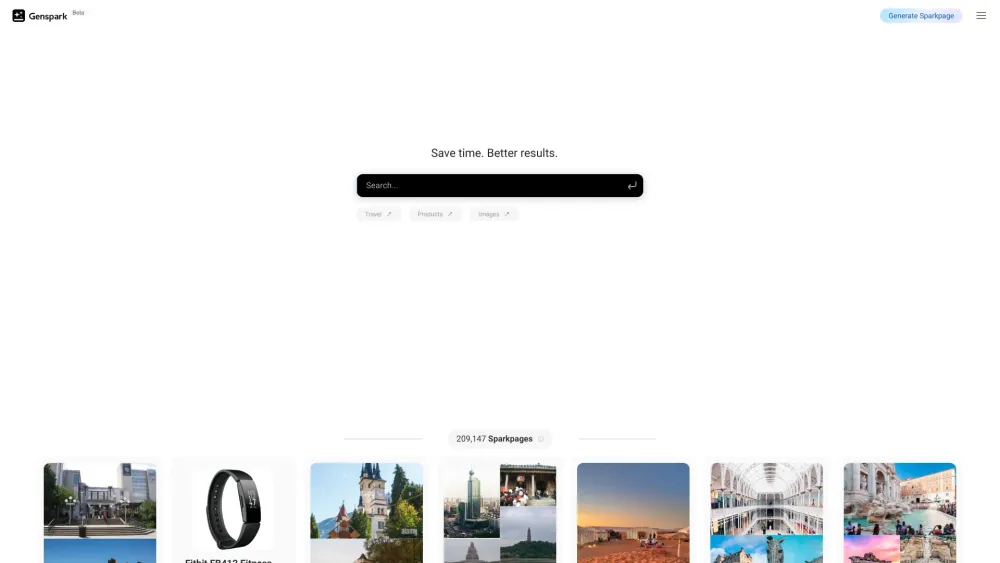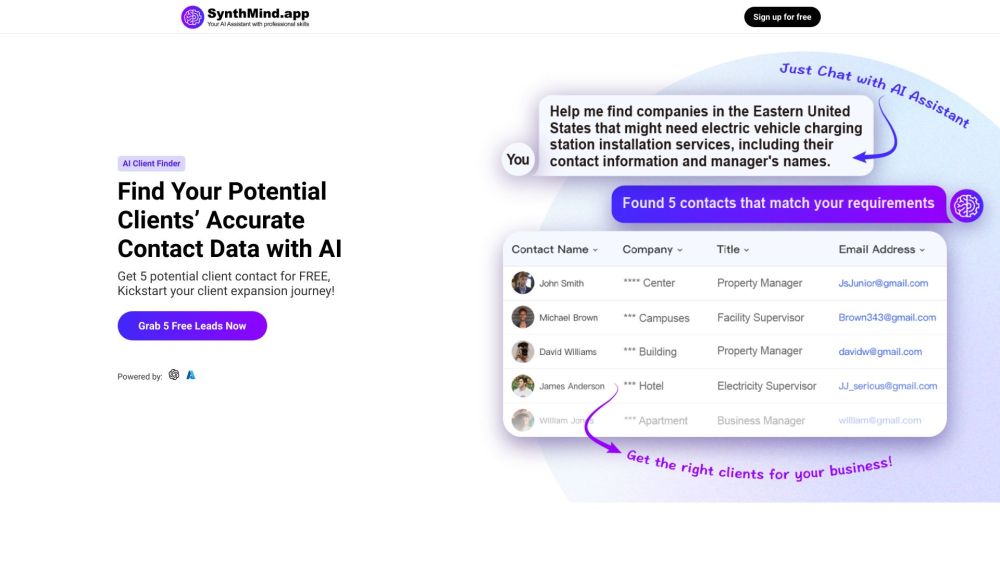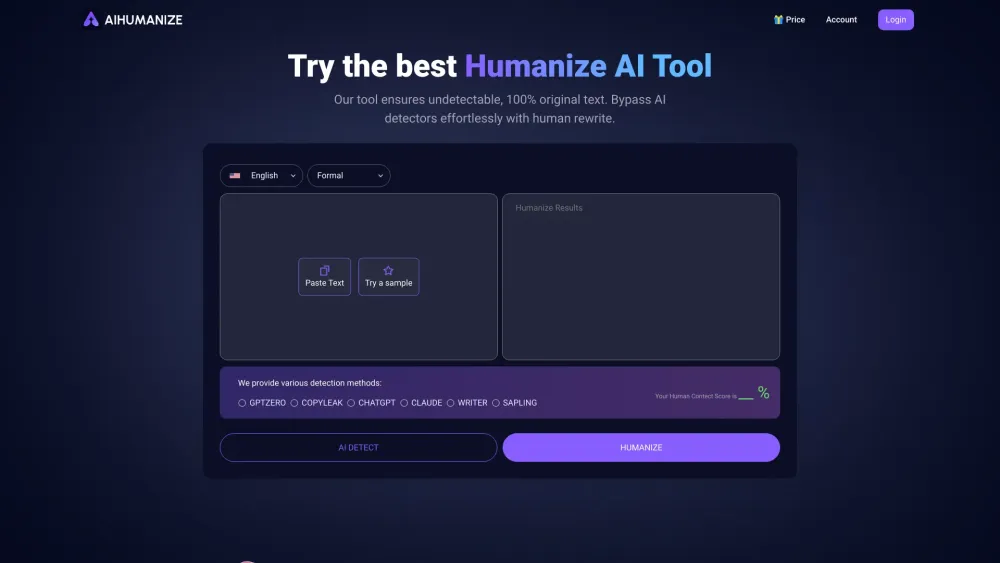What’s in a Name?
The name of your company or product significantly shapes its narrative. While an excellent name won't make a poor product successful, a bad name won't necessarily hinder advanced technology. In today’s rapidly-evolving AI industry, combining a standout name with exceptional technology will elevate your brand above the competition.
Before you finalize a name for your AI technology or company, consider these critical factors to guide your naming strategy:
- Is the technology directly interacting with users, or is it part of an established brand or experience?
- At what stage is your AI development, and when will it be distinct from competitors?
- Where do you want to focus long-term brand attribution and awareness?
- Should the term “AI” be included in your product or company name?
Understanding the Role of "AI"
The acronym “AI” has become integral in many new tech names, from industry leaders like OpenAI to Elon Musk’s xAI. This terminology is not a fleeting trend but a necessity due to its substantive implications.
“AI” is expected to evolve similarly to the term “cloud.” Initially, it faced scrutiny over potential overuse, yet a decade later, “cloud” remains vital in creative product naming (just look at any tech product press release!).
You can incorporate “AI” in various ways. One creative technique is to blend it into a unique name (e.g., Clarifai, AEye), which enhances distinctiveness but may complicate pronunciation and relevance to your brand's value.
Alternatively, appending “AI” to an existing brand or term (e.g., OpenAI, Shield AI, SAP Business AI) provides clarity and conveys to your audience that your offering includes AI capabilities. While this method might lack creativity, it excels in brand strategy, which is crucial.
Evocative Branding for Your AI Technology
Deciding whether to create a unique branded term (e.g., Bard, Lensa, Einstein) for your AI can be complex.
In short, it’s advisable to establish an individual brand for your AI if it aligns with your parent brand at the right timeline. If you want your parent brand to benefit from the brand equity that AI features offer, use a descriptive name like [Parent Brand] AI. However, if you envision your AI evolving into a distinct product, consider a more innovative name, as Google did with Bard.
Google’s early introduction of Bard serves as a cautionary tale about launching a creative name prematurely. Released while still in beta, Bard faced criticism, with users deeming it inferior to ChatGPT. The initial impressions attached to the Bard brand have lingered, illustrating the potential pitfalls of an early launch. Google might have avoided this negative association by initially branding it as “Google AI,” postponing the Bard name for a more polished launch.
If you are introducing an AI technology in beta or enhancing existing features, a more descriptive term could be wise. This communicates to your audience that you’re integrating AI functionality similar to your competitors. Conversely, when your AI delivers a standout user experience differentiated from competitors, it may be the ideal time to create a more evocative name.
Finding the Best Naming Path
There's no one-size-fits-all solution when naming your AI technology. The decision hinges on numerous factors.
- Connection to Existing Brands: New technologies should be named with careful consideration of their role within your parent brand. Reflect on the user experience you wish to promote long-term. How will this AI enhance your brand’s promise to customers? Rather than opting for fanciful names, you might choose messaging that emphasizes the enriched brand experience facilitated by AI.
- Brand Attribution Focus: If you want your AI technology to offer a unique experience and engage users directly, consider developing a distinctive name. If the AI experience merely augments an existing product, a subtler approach—like “[Product Brand] is enhanced with AI”—may be more suitable.
- Differentiation of AI Functionality: As many companies adapt to industry trends by incorporating AI, assess whether your AI technology merely matches these trends or offers something genuinely unique. If it’s merely a trend follower, naming may be less critical; however, truly differentiated technology may warrant branding.
- Stage in Product Life Cycle: Rapid developments in AI products mean that your branding decisions will be influenced by where you stand in the development cycle. If you're still in the early phases or beta testing, it might be strategic to delay naming until your product is fully realized. Unveiling an AI name prematurely can result in lukewarm reception due to incomplete capabilities.
Ultimately, whatever path you choose, keep these naming strategies in mind, as they often lead to proven outcomes that enable your product or technology to scale effectively without the need for expensive rebranding in the future. The right choice will depend on your product’s unique circumstances.




